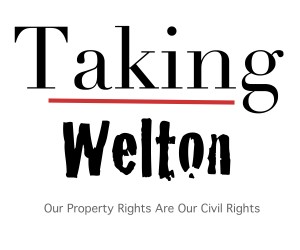Supporting Individual Rights, Opposing Eminent Domain Abuse
“A recent blogpost published by Doug Kendall of the Constitutional Accountability Center (with whom we sometimes work with on op-eds and briefs) criticized Cato’s involvement in Mount Holly v. Mount Holly Gardens Citizens in Action as cowardly, and inconsistent with our ideals. While Cato has great respect for any organization that, like the CAC, works “to preserve the rights and freedoms of all Americans,” their criticism of our brief is baseless, and grossly mischaracterizes Cato’s position in the case and track record generally.
No, this case isn’t about eminent domain because the residents aren’t challenging the township’s acquisition of property, but what it intends to do with that property. In a nutshell, the plaintiffs argue that the Fair Housing Act – which forbids governments and private individuals from refusing “to sell or rent … or otherwise make unavailable or deny, a dwelling to any person because of race, color, religion, sex, familial status, or national origin” – bars not just intentional discrimination like restrictive covenants, but also any action that, even if entirely neutral and colorblind, has a “disproportionate impact” on the ability of members of a protected class to buy or rent a home. They argue not that Mount Holly is intentionally discriminating against minority residents, but that the increase in property values as a result of redevelopment would effectively price the poor out of the neighborhood – and that counts as discrimination because the poorer residents are disproportionately drawn from minority groups”
Shapiro, Ilya. CATO Institute 31 October 2013.
